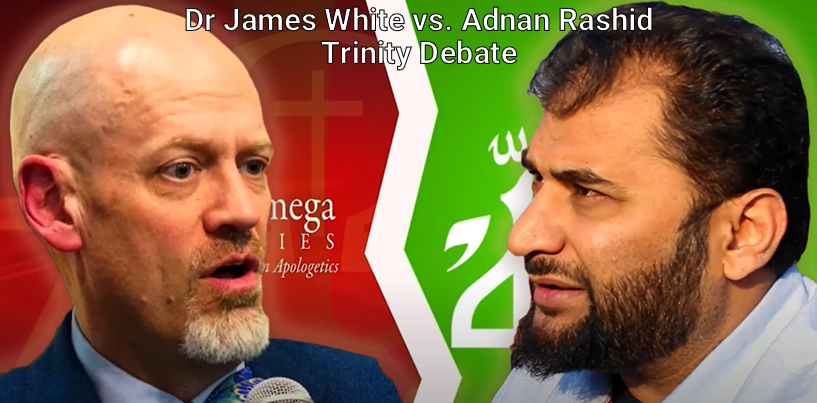Reflections on the Baptist Confession of Faith of 1689
23 Aug 14 began a perhaps unbroken, orderly, and personal journey through my favorite written confession of faith. These are my personal reflections on this beloved historic Particular Baptist confession of the Christian Faith.
NEXT-
Chapter 24. Of the Civil Magistrate. Paragraph 2: “It is lawful for Christians to accept and execute the office of a magistrate when called there unto; in the management whereof, as they ought especially to maintain justice and peace, according to the wholesome laws of each kingdom and commonwealth, so for that end they may lawfully now, under the New Testament wage war upon just and necessary occasions.”
The first thing that popped into my mind as I was preparing to reflect on this section today is just how true it is that Christian ideals have shaped my culture. When this was written in the late seventeenth century, as Christianity was still shaking off some of the scourge of Rome, it was necessary in England to affirm that Christians can enter into such offices. Today, does anyone really need to hear that it’s okay for Christians to be in government positions such as in the police, military or other government agencies? No, precisely because these ideas have permeated our culture and shaped it. Where can we as Americans (assuming many of you reading this are) see this wisdom show up? Here’s one small place:
We the people of the United States, in order to form a more perfect union, establish justice, insure domestic tranquility, provide for the common defence, promote the general welfare, and secure the blessings of liberty to ourselves and our posterity, do ordain and establish this constitution for the United States of America.
This of course is why abortion should be illegal!
But I digress. These ideas didn’t come from nowhere, dear reader. It was, “to maintain justice and peace, according to the wholesome laws of each kingdom” that the Constitution of the US was established. The LBCF speaks of such in biblical reflection just a hairs breadth under a century earlier. The wisdom of the word of God in the Protestant (Christian) Faith had shaped our people to give rise to the constitution of the greatest Republic on earth. It was the Bible that shaped the myriad western expressions of government and culture. Furthermore, it was the Bible in its Judeo-Christian/Old and New Covenant parts.
Even though all of the Bible’s sixty-six letters are equally God’s inspired and inerrant revelation to be treasured Christians are not “under” the Old Testament. Jesus has put his own in a new category of covenant. Romans 6:14 says so much to this: “For sin shall not be master over you, for you are not under the Law but under grace.” God makes the distinction. We must humbly recognize it. No one should seek to totally bifurcate the covenants, but in the prose of comparison between God’s Old Testament and God’s New Testament, Paul actually calls the blessed former things like, “bondage,” “a law of sin and death,” “slavery,” etc. Galatians 4:3; Romans 8:2; Galatians 4:21-26, respectively. He’s not insulting God’s Old Covenant, but he is making it clear that the New Testament is far better. God says it succinctly in Hebrews 8:6 that Jesus is, “…the mediator of a better covenant, which has been enacted on better promises.” It’s different and it’s also just better. And what else should we expect from God’s works incarnate?! The Old Testament is the promises given; the New Testament is the promises kept. Carefully cf. Genesis 3:15 and Galatians 3:16 in their contexts to understand the whole Bible. In 1 Peter 1:12, Peter speaks of the New Testament as that which the Old Testament was to give way to as something stored up in history by God that even the angels were awaiting. John speaks of the New Testament as sort of a remixed great old song made even greater in 1 John 2:7-8. The New Testament was penned from inspired illumination on the Old Testament. John 16:13. In this, the Old Testament is our footing and our guide. No sound Bible teacher denies that our New Testament, by God’s design, would be meaningless to us without the Old Testament. Jesus’ Bible, Paul’s Bible, John’s Bible and Peter’s Bible (etc.) was the thirty-nine books of our Old Testament. But again, we are New Testament believers today who follow Jesus. If we’re Old Testament believers, in one sense, we’re not in the new. We teach from and establish the Old Testament as New Testament believers as much or more than Old Testament believers in realizing this. God’s plan from before Adam was always the New Testament ratified in Christ’s blood. It antiquates the old. Hebrews 9:16. Cf. Ephesians 1:9-10. Paul wrote: “Do we then nullify the Law through faith? Far from it! On the contrary, we establish the Law.” Romans 3:31. We establish the Old Testament forever by the New Testament in Christ. Matthew 5:17; John 1:17.
We teach soundly, from “under” the New Testament, that Christians can seek to be civil leaders in any and every good cause. That’s the point. As New Testament adherents shaped in the, “…wholesome laws of [our] commonwealth” we are able to “wage war” on societal evils in civil roles, etc. We are not called to leave such to only non-Christians. Martin Luther wrote a book called, “Whether Soldiers, Too, Can Be Saved” in 1526. I read it as a chaplain in the US Army. It was required reading for German chaplains for some time. Many Christians have struggled with the overlap of government and the Christian life. The Bible gives us the balance. Let “The high praises of God shall be in their mouths, and a two-edged sword in their hands” Psalm 149:6. Cf. Romans 13:1-5.








Leave a Reply